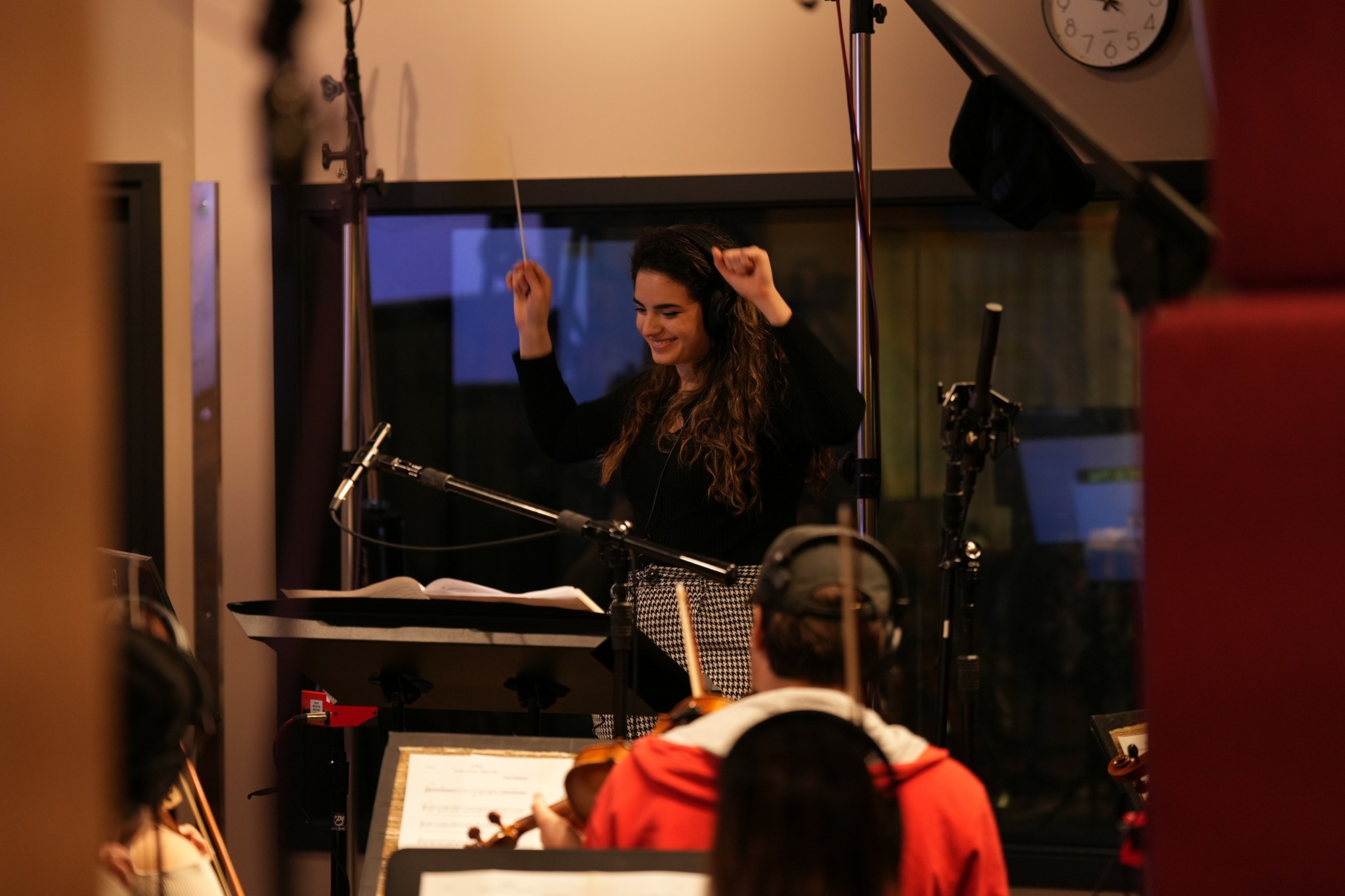Alright – so today we’ve got the honor of introducing you to Lina Malshy. We think you’ll enjoy our conversation, we’ve shared it below.
Lina, looking forward to hearing all of your stories today. Can you talk to us about a project that’s meant a lot to you?
The most meaningful project I’ve ever worked on was “The Light of Palestine” fundraiser concert. On December 18 2024, musicians from Palestine, Syria, Lebanon, and the U.S. came together in Watertown to celebrate the beauty of Palestinian music. The proceeds supported ANERA, a nonprofit providing humanitarian aid to families in Gaza.
As the artistic director for the event, I felt the immense weight of responsibility. It wasn’t just about delivering a high-quality performance; it was about representing my people, our culture, and our pain in a way that would truly resonate with the audience. Some came to feel closer to home, while others sought to connect with the stories of resilience and struggle from Gaza.
Collaborating with ANERA was a profound honor. It’s an organization that does vital work, and being trusted with such a meaningful project felt like one of the most significant milestones of my career. While I was initially overwhelmed by nerves, the moment we started playing, I became fully immersed in the music. Each performer brought such depth and emotion, especially during Mawtini, which left a lasting impact on everyone in the room.
Of course, none of it would have been possible without Alyssa Lawson, who managed everything from logistics to ticketing and marketing. Her support allowed me to focus solely on the music and the artistic vision, and I can’t thank her enough for her dedication.
The venue itself, with its warmth and hospitality, felt like the perfect setting. I’m so grateful to Sophia and everyone at the church who helped create such a welcoming space. And I have to thank Piney for sharing ANERA’s mission so passionately and for all the work she does for Gaza.
Finally, the audience made it all even more impactful. Their open-hearted embrace of our music and their willingness to connect with our stories made this concert unforgettable. It reminded me of the transformative power of music to bridge gaps and create shared understanding.
Here’s the link if any of the readers are interested in making more meaningful impact: www.anera.org
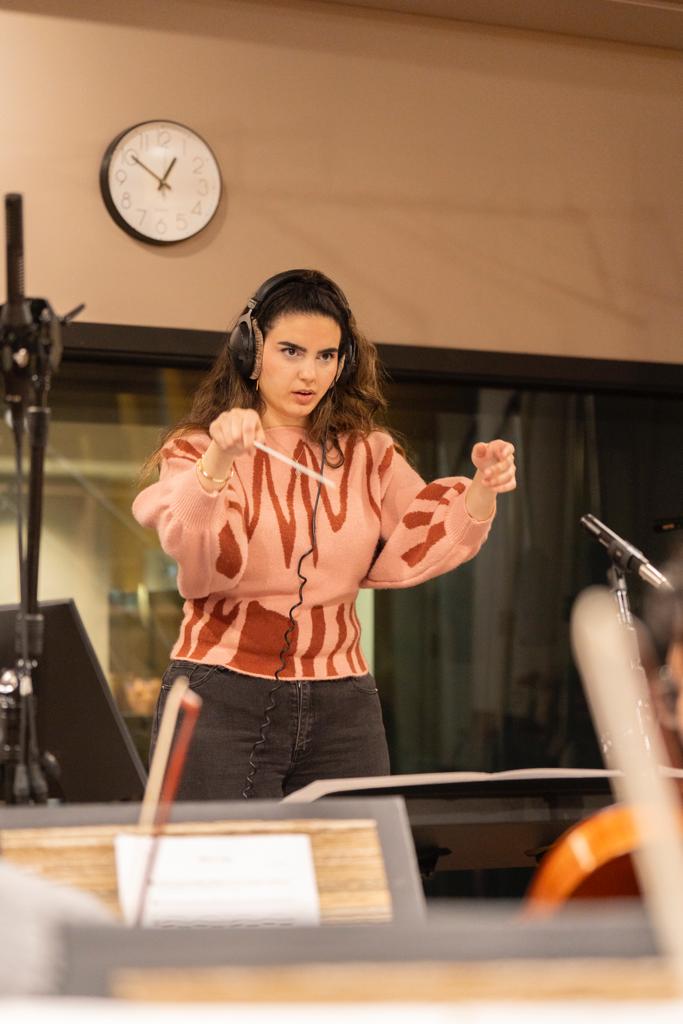
Lina, before we move on to more of these sorts of questions, can you take some time to bring our readers up to speed on you and what you do?
Of course!
I’m a Palestinian film and media composer, orchestrator, and violinist. I grew up deeply engaged in Arabic and Middle Eastern musical traditions, having been trained in classical Arabic music. Over time, I expanded into Western classical, orchestral, and contemporary styles. I remember first discovering other kinds of music through my passion of films and TV series of various cultures, including Middle Eastern, Indian, Korean, American, and British. It wasn’t until I was around 9 or 10 that I began noticing the connection between music and moving picture, which sparked my curiosity about composing. I always felt big emotions that I couldn’t express through words, so I started exploring composing on MuseScore. I knew then that if I were to pursue music, it would be composing.
I officially entered the film and media industry through both training and collaboration. I studied at Berklee College of Music, where I explored composition, orchestration, and performance across a wide range of genres. I discovered the screen scoring program and knew right away that it was everything I wanted to learn about and more. Since then, I’ve scored films and documentaries, performed internationally, and worked behind the scenes for larger productions as a composer’s assistant and head of music prep. I’ve also had the privilege of performing at major venues such as the United Nations and recording for projects like Assassin’s Creed: Mirage.
My work spans film and media scoring, orchestration, and live performance. I love creating hybrid scores that blend orchestral textures with Arabic influences, giving directors music that feels both cinematic and culturally rich. I also support fellow composers with orchestration and music prep and perform internationally as a violinist in both classical and Arabic styles.
In the last couple of years, I’ve asked myself what the true purpose of my work is. Through my projects, I’ve seen the impact my music can have—especially on people from back home—and on the films and stories I’ve been part of. I realized that the most rewarding purpose that keeps me going is helping to shed light on underrepresented realities and voices. Working on films and documentaries has shown me the real power of media to amplify those stories.
I believe what sets me apart is the way I use music as a bridge between audiences and the people whose stories are being told. I’m proud to have scored award-winning shorts and documentaries about marginalized communities, performed at various important venues, and raised over $25,000 through benefit concerts for Middle Eastern communities in need. More than anything, I want my work to always contribute to meaningful, underrepresented stories and people.
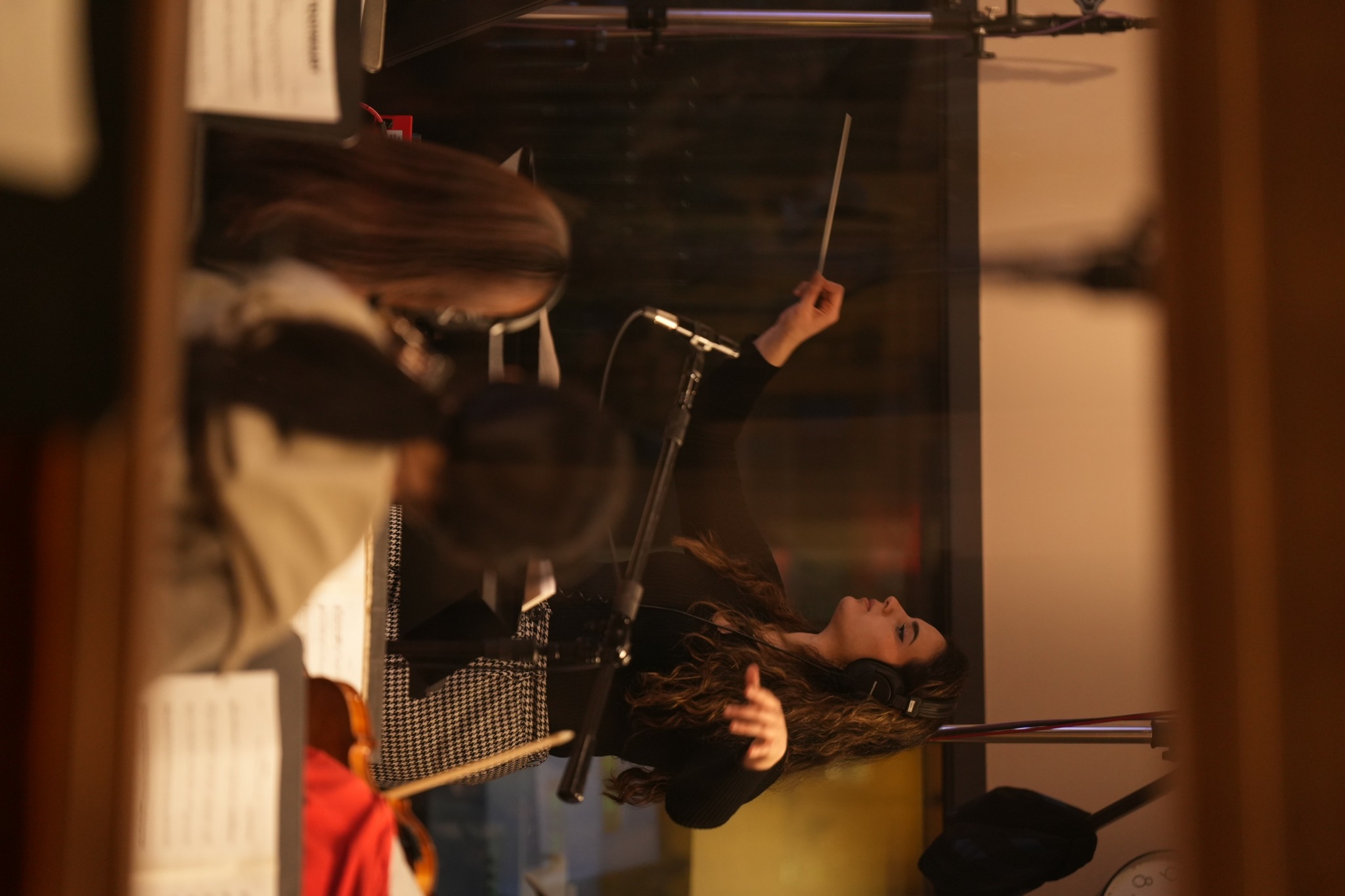
How can we best help foster a strong, supportive environment for artists and creatives?
Sharing is caring!
In the world of social media and in my line of work, the more people know about our projects, the more opportunities come our way—it really is that simple. Sharing and supporting your friends is the first step in helping them grow their business, reach new audiences and potential clients.
On an everyday level, people can support creatives by attending shows, sharing their work, buying directly from them, and amplifying their voices.
I think a lot of us artists hope to be paid fairly for our work, whether through grants, commissions, streaming reforms, or stronger labor protections. and I think arts education should be more affordable and accessible to all, so creativity isn’t limited to those with privilege. Some people don’t get proper training and education when they’re younger so they might not qualify for scholarships but that should not be the reason why they cannot pursue their dreams and reach to their full potential as adults.
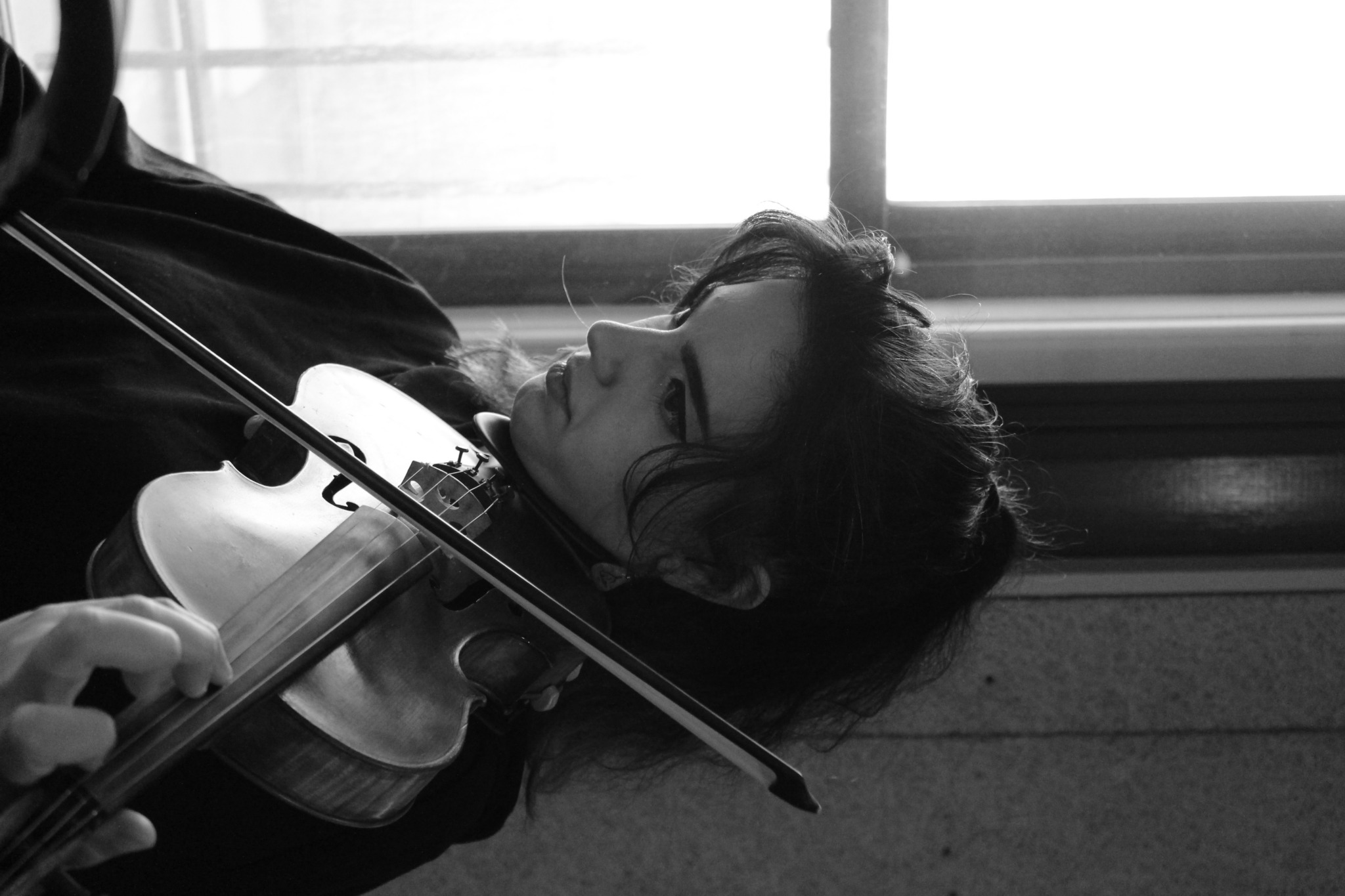
For you, what’s the most rewarding aspect of being a creative?
For me, the most rewarding aspect of being an artist is the impact my music can have on people. I’ve always felt emotions so deeply, and composing became my way of giving them shape. Being an artist is one of the most vulnerable and powerful things a person can be. When someone sees you for who you are and looks up to you, it makes you feel like you’re doing something right in the middle of a world that can feel so dark. When I see how a score can elevate a film, move audiences’ feelings, or resonate with someone back home, it reminds me why I chose this path. The ability to shed light on underrepresented voices and connect people through music is what keeps me going. It’s not just about creating something beautiful; it’s about creating something meaningful.
Contact Info:
- Website: https://lina-malshy-music.com
- Instagram: @linamalshymusic
- Linkedin: https://www.linkedin.com/in/lina-malshy-04b574291/
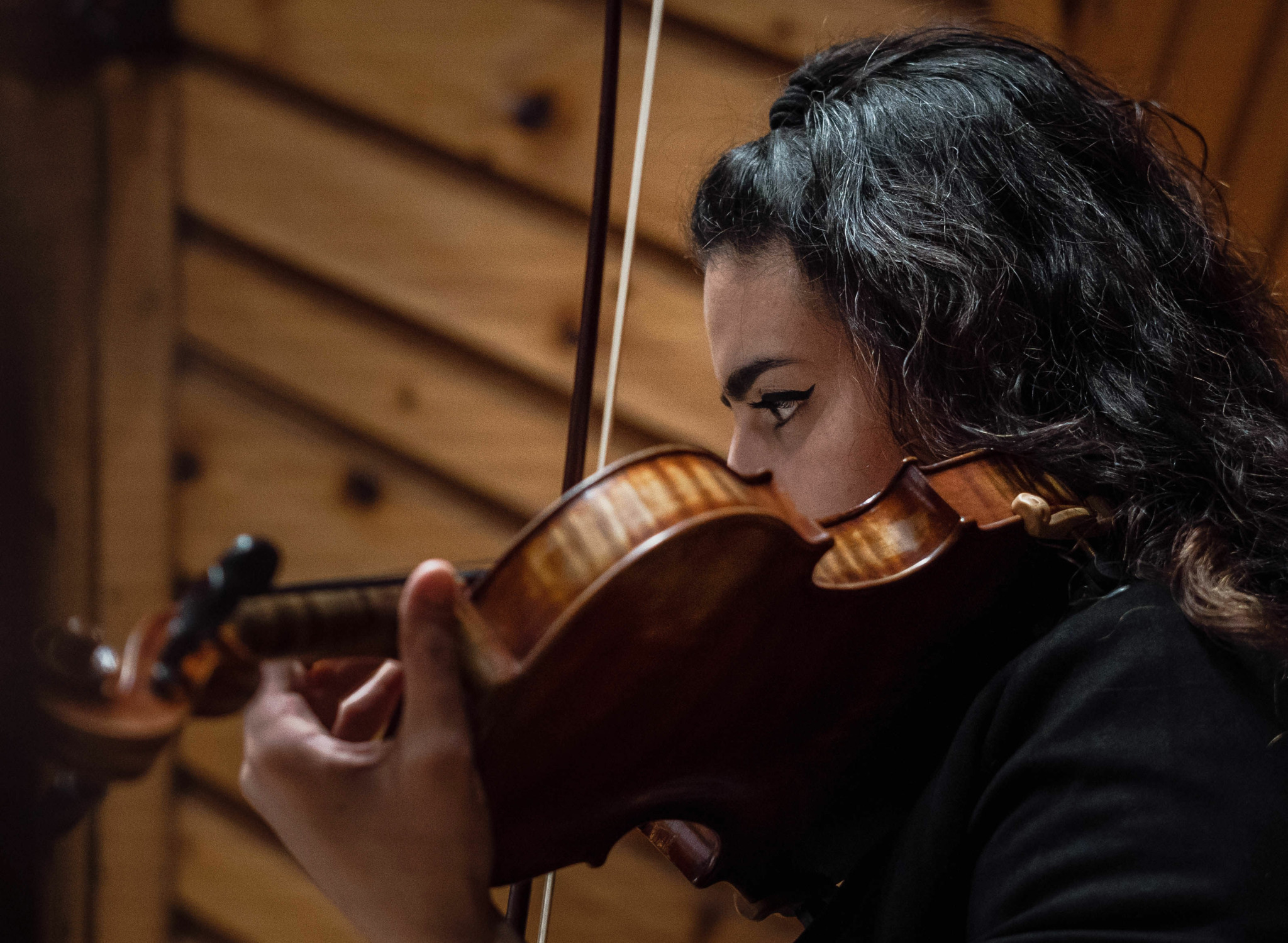
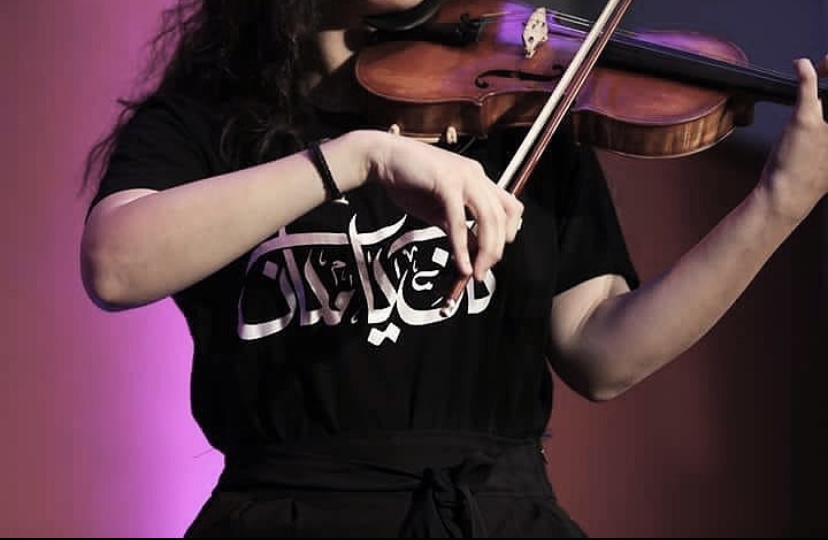
Image Credits
Mai K. Alsewaify
Eric@SeedMusicandArt


